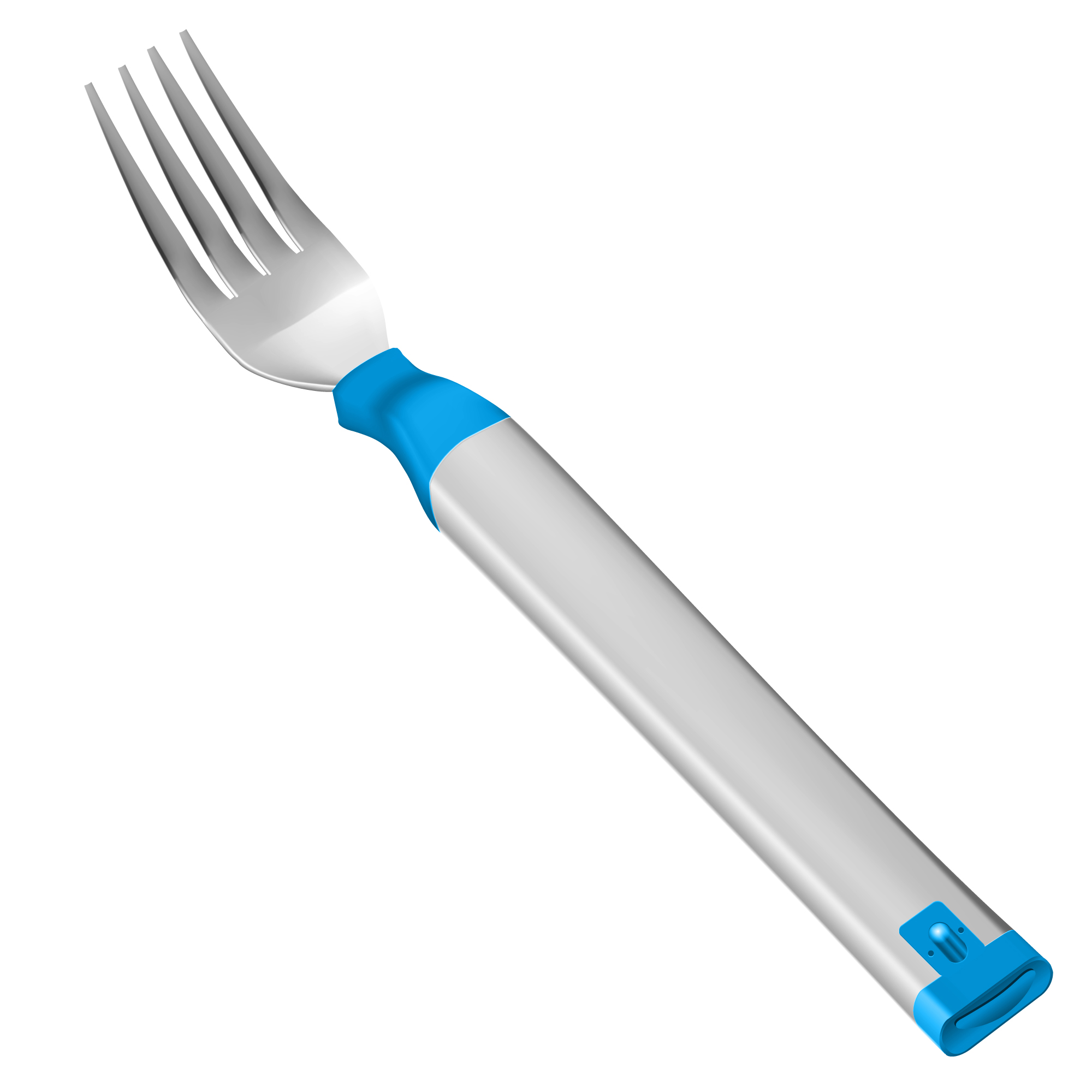Calorie Conscious? 'Smart' Fork Monitors Your Every Bite

Weight-loss programs from the ridiculous to the sublime come to light each January, and 2013 is no different. This year's prize for best dieting gimmick may go to the HAPIfork, an electronic fork that monitors how you eat.
The battery-operated utensil contains a sensor that monitors how often the fork moves from a plate to a diner's mouth. If a voracious eater moves the fork faster than once every 10 seconds, the HAPIfork lights up and vibrates like a cellphone, according to MarketWatch.com.
The fork, which retails for $99, is also slightly smaller than a typical fork to encourage portion control. "A lot of people stuff their mouths with each bite," Kari L. Kooi, a registered dietitian at Methodist Hospital in Houston, told MarketWatch.com.
Though the HAPIfork may sound flaky, there is solid evidence that slower eating helps dieters control their calorie intake. In a 2006 study, diners who ate slowly consumed significantly fewer calories than those who ate quickly.
And a study from 2009 may have discovered why: People who ate slowly reported a greater sense of fullness than those who ate faster. Researchers believe that's because the slow eaters had higher levels of two gut hormones, peptide YY and a glucagon-like peptide, released by the stomach after eating. The hormones act on the brain to signal "I'm full."
Other studies have found that it can take up to 20 minutes for the brain to receive fullness signals from the digestive system.
The HAPIfork might also help dieters by logging dining data that can be downloaded to a computer afterwards — and a Bluetooth version is in the works, reports MarketWatch.com. But while the utensil can assist at mealtime, it has no control over how many after-dinner cookies a person sneaks.
Get the world’s most fascinating discoveries delivered straight to your inbox.
Follow Live Science on Twitter @livescience. We're also on Facebook& Google+.



